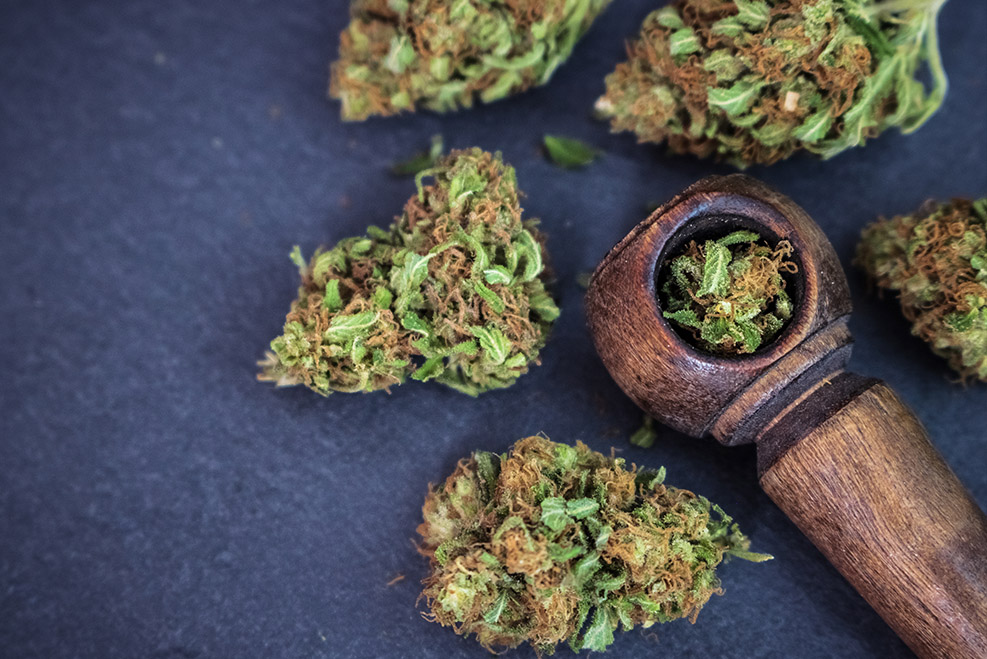New research shows that cannabis around the world has become significantly stronger over the past 50 years. The University of Bath team behind the study synthesized data from over 80,000 cannabis samples tested over the past 50 years from street samples collected in the US, UK, France, Denmark, Italy, New Zealand and The Netherlands. So odds are if you put some in your bong or vaporizer tonight, it’s quite a bit stronger than it would have been years ago.
Also Read: Why edibles are the most unpredictable form of cannabis
14% stronger
The researchers examined how the levels of THC (the psychoactive component of cannabis that gives users a "high") had changed over time in different types of cannabis. In cannabis herbs, they found that THC concentrations increased by about 14% between 1970 and 2017. This was mainly due to an increasing market share of stronger varieties such as sinsemilla over traditional herbal cannabis containing seeds and less THC.
The researchers found that THC elevations were particularly high for cannabis resin (hash), with THC concentrations increasing by 24% between 1975 and 2017. Cannabis resin is extracted from herbal cannabis and is now generally stronger than herbal cannabis, according to the findings. They also looked at the concentrations of cannabidiol or CBD, which are not intoxicating but may have medical uses, such as helping people to quit cannabis. Unlike THC, they found no evidence of changes in CBD in cannabis over time.
Also Read: Scientists match personality traits with psychedelic experiences
Hashish getting more intense
“Cannabis resin - or hash - is often seen as a safer cannabis strain, but our findings show that it is now stronger than cannabis herbs. Traditionally, cannabis resin contains much lower amounts of THC with equal amounts of CBD, but CBD concentrations have remained stable. as THC has risen significantly, which means it is much more potent now than it was many years ago, ”said co-author Sam Craft.
The researchers argue that an increase in the potency of cannabis highlights the need to implement broader harm reduction strategies similar to those for alcohol, such as standard units and public guidelines for safer consumption limits. As the potency of cannabis has increased, consumers are faced with limited information to help them track their intake and guide decisions about relative benefits and risks. The introduction of a standard unit system for cannabis - similar to standard alcohol units - could help people to limit their consumption and use it more safely”, Freeman said.
Also Read: Advantages of microdosing outweigh disadvantages, researchers say
With great power....
But it is not all good news, folks. The team previously found evidence that frequent use of cannabis with a higher THC content carries an increased risk of problems such as addiction and psychotic disorders. In other words, this is all great news if you like a nice, powerful high, but it's not that great if you’re watching your health.
"As the potency of cannabis has increased, so has the number of people seeking treatment for cannabis use problems. More Europeans are now entering treatment for cannabis than heroin or cocaine," said lead author Tom Freeman, director of the addiction. and Mental Health Group at the University of Bath.
In short: enjoy your cannabis, but do it safely!










